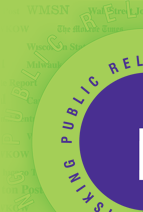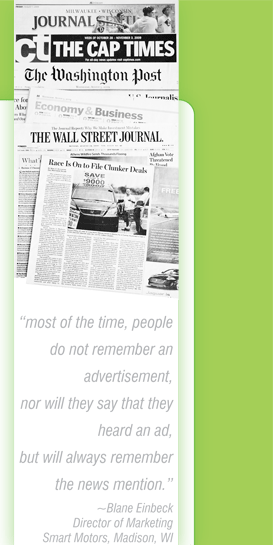08-23-2009
Some dealers happy to see Cash for Clunkers go
Rick Weaver,
Detroit Business Development Examiner
The Car Allowance Rebate System (CARS), more commonly known as "Cash for Clunkers" (C4C) will end for the third time at the stroke of midnight Monday. Funding, which had been tripled from the original $1 billion is once again running out.
This time many dealers are happy to see it go. With only a small percentage of rebates actually paid by the Federal government, dealerships are upward of $1 million. Long hours by salespeople required to fill out a gauntlet of paperwork has also strained dealerships.
Earl Stewart Toyota in North Palm Beach, Florida, used the program with a twist. All four dealerships Earl Stewart owns gave the salvation income to the original owner. Stewart says, “We are receiving an average of $750 from scrap companies for the clunkers. We give that money back to the person who traded the car in, minus a $50 fee for processing the clunker paperwork.”
The fee was established by Congress for dealers to cover processing expenses. In some parts of the country dealerships were charging the fee directly to customers. Stewart only deducts it from his receipts for liquidating the vehicles.
Program review
Although the program was successful in clearing out car inventories, dealerships have had two financial set-backs. Slow payment from the government has interrupted dealership cash flow and many dealers, like Stewart, have had to rent space to store the clunkers while waiting for the government to confirm the C4C application is valid.
In general, the program appears to have been extremely positive for dealers despite many opting out prior to the end. Some exited citing the complexity in required documentation, slow payment, and the government’s application process.
Smart Toyota in Madison, Wisconsin, stopped because of customer service concerns. “We feared the government website may be slow or crash as dealers rushed to get in the paperwork just before the program closed,” said Blane Einbeck, Smart Toyota Director of Marketing, recalling website problems with earlier program stoppages. This would have meant the customers whose paperwork did not get in would have had their deals invalidated.
Life after clunkers
Financial trouble may not be over. An unanswered question is whether or not the program released pent-up desires for new cars or did it just move up purchases that would have come later. If the first is true the car dealers will probably be able to whether the cash flow problems. If the later is true there is more trouble on the horizon.
In Stewart’s words, “Did we just borrow business from the future?”
Dealers are already anticipating a shortage of used cars due to so many vehicles being taken off the road in such a short time. If this thought becomes reality it would favor the used car dealers in that they would be able to sell their existing inventory at higher prices.
So as the program ends, business plans need to be written for both scenarios. One calling for continued, albeit somewhat softer, sales. The other calling for business to be slower than before the clunker program began.
| 








